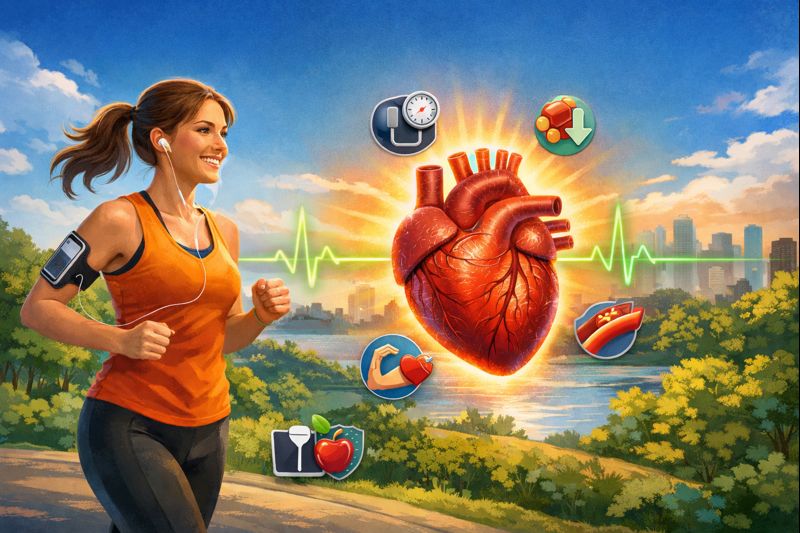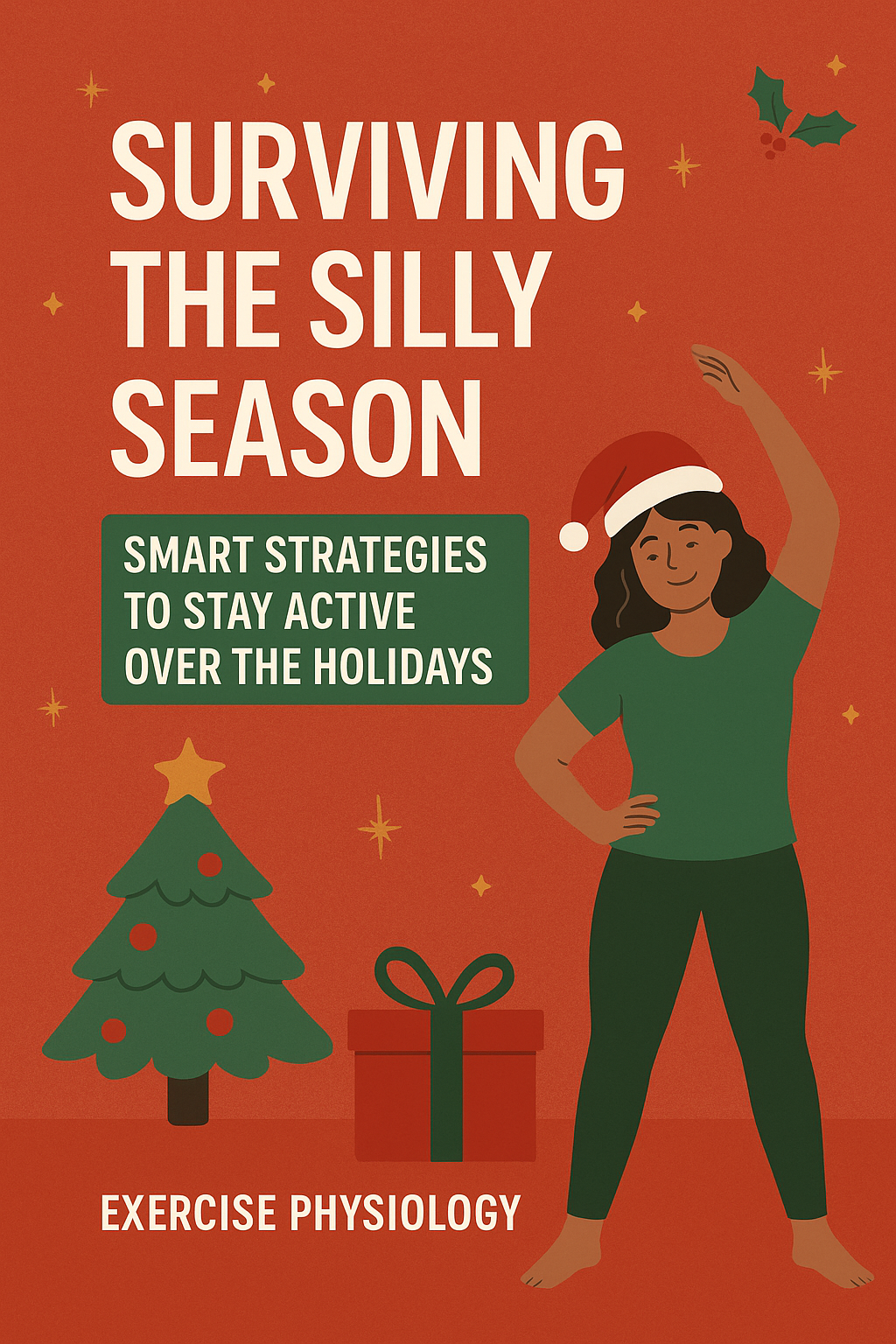Why is my calorie deficit eating plan no longer working?
First, your metabolism adapts. When you consistently eat less, your body becomes more efficient. It burns fewer calories at rest — a process known as adaptive thermogenesis. Over time, the same deficit that once produced steady fat loss may only maintain your weight. Second, hormones shift. Dieting can increase ghrelin…









